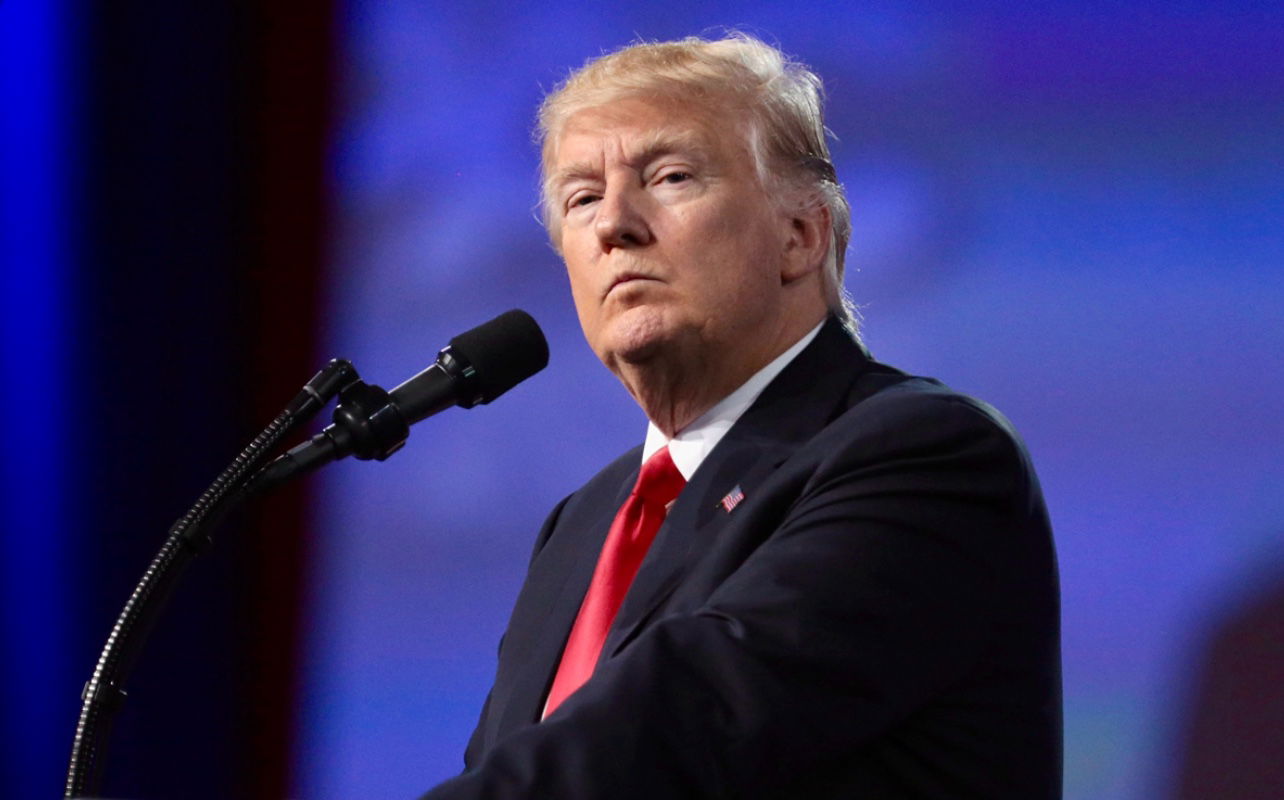
Trump’s 2024 campaign will be remembered as the most racist, sexist, and xenophobic campaign in modern American history
On Nov 5 Donald Trump became the first president since Grover Cleveland to win a re-election campaign after previously losing, and he did so despite running the most openly racist, sexist, and xenophobic campaign in modern American history.
According to the BBC, Trump’s win also makes him the first convicted felon to occupy the Oval Office, and despite a campaign that leaned heavily into fascism and authoritarian tendencies, voters thought his message on the economy made him the better choice.
Another plank of Trump’s platform that resonated with voters that the outlet talked to was immigration, although they were unlikely to espouse racist views, they did say they wanted a more secure border.
Americans, it seems, did not care that the people who were closest to Trump issued dire warnings about him, calling him a liar, a fascist, and unfit for the office, and cautioned that if he insulates himself with loyalists, his most extreme ideas will become a reality.
According to The New Yorker, “In the end, Trump’s inflammatory rhetoric about invading immigrant hordes, his macho posturing against a female opponent, and his promise to boost an inflation-battered U.S. economy simply resonated more than all the lectures about his many deficiencies as a person and a would-be President.”
Over 74 million Americans voted for Trump, and the question of whether or not outgoing President Joe Biden stayed in the race too long will linger over the outcome of this election.
Despite Vice President Harris’ sparkling debate performance and a swell of optimism following her announcement to run, the race became a deadlock yet again.
Trump’s campaign, the outlet notes, will be remembered by history as the most racist, sexist, and xenophobic campaign in modern American history. And none of that mattered in the end.
The economy voters claimed to be concerned about will likely be made worse by his plans to introduce tariffs on goods made in other countries and to deport immigrants, according to independent economic experts, but none of that mattered either.
According to Vox, Trump was able to get rural voters in Indiana, Kentucky, Georgia, and North Carolina as well as other states to increase their support in 2024, those voters were key to his victory in 2016.
Working in concert with this, voters in some suburban areas in swing states shifted away from Democrats, toward the Republican Party.
Also, the increased support of Trump from Latinx Americans nationally will be a hot topic of discussion as far as who helped Trump win during the 2024 election.
In addition to this, Harris was in a difficult spot as the sitting vice president of an unpopular president, voters were not pleased with Biden’s handling of the economy, immigration, or foreign policy, notably the approach to the Israeli shelling of Gaza which also fractured Democrats.
Harris tried to play the middle ground with her electoral strategy, not fundamentally presenting enough change to voters from the sitting president.
This happened in part because she did not want to pick fights with the party’s left wing, but Harris also distanced herself from more left-wing policies she endorsed in 2019 and did not offer any actual change of course on the Israeli offensive in Gaza.
According to Vox, Trump has made no secret of his admiration for leaders like Hungary’s Viktor Orban, and that country may well be the blueprint for what a Trump Administration wants to achieve with its newest grasp for power.
However, as Zack Beauchamp writes in Vox, what happens during Trump’s next term in office will largely depend on how much the American people are willing to fight, to resist.
“Trump has won the presidency, which gives him a tremendous amount of power to make his antidemocratic dreams into reality. But it is not unlimited power, and there are robust means of resistance. The fate of the American republic will depend on how willing Americans are to take up the fight.”
